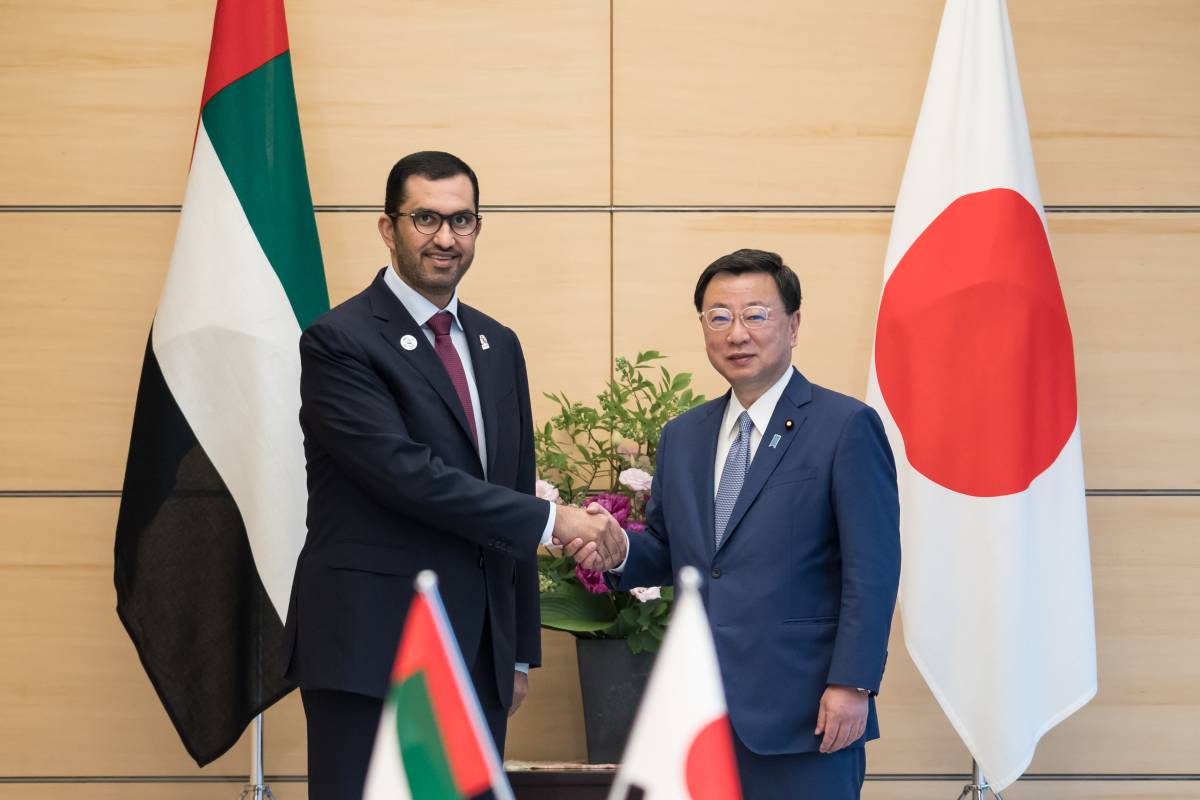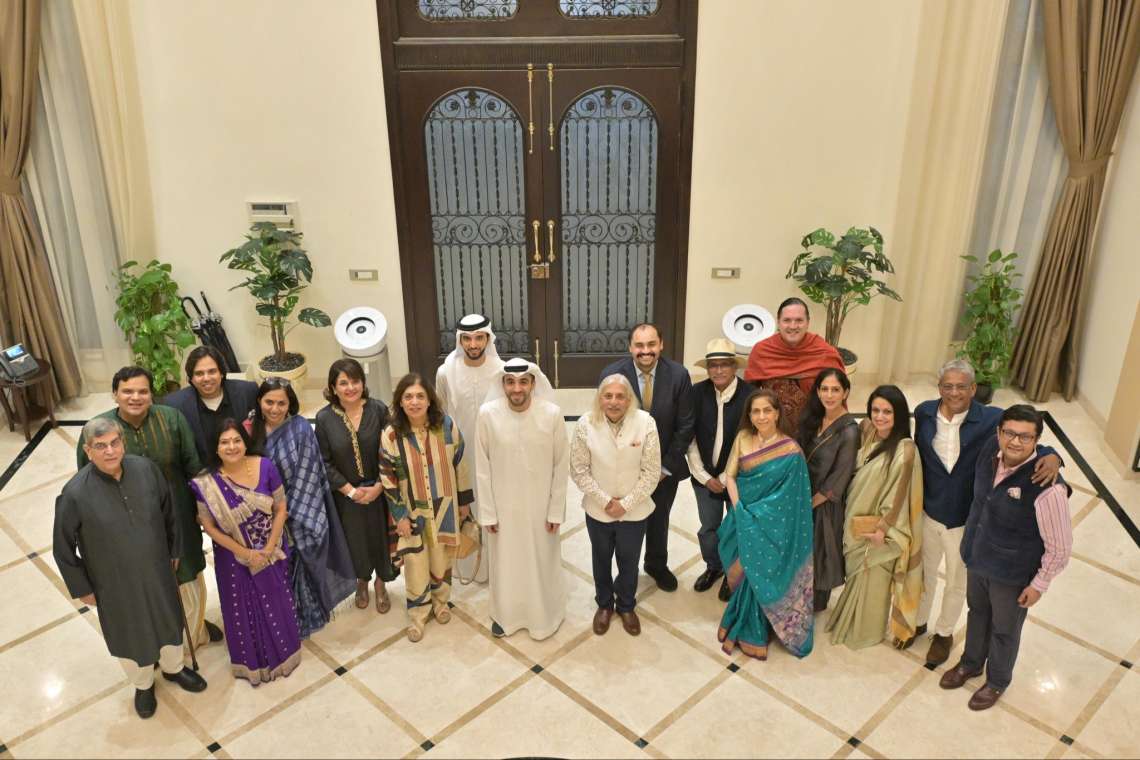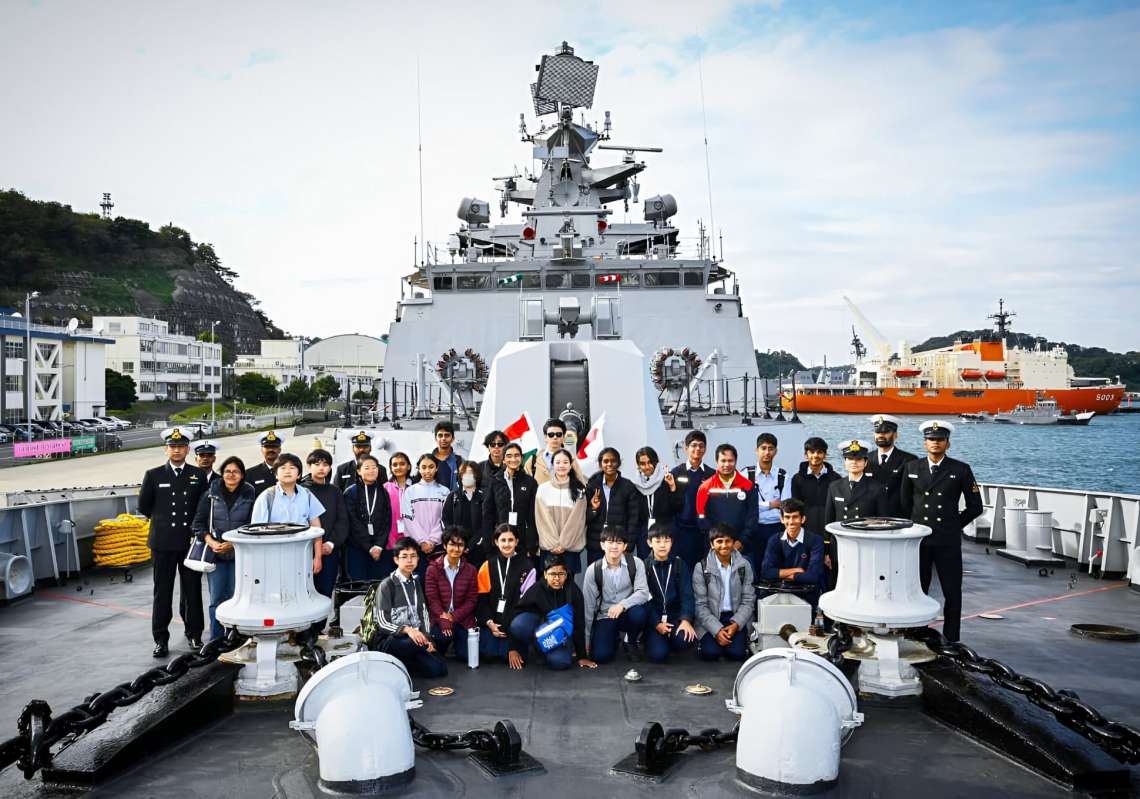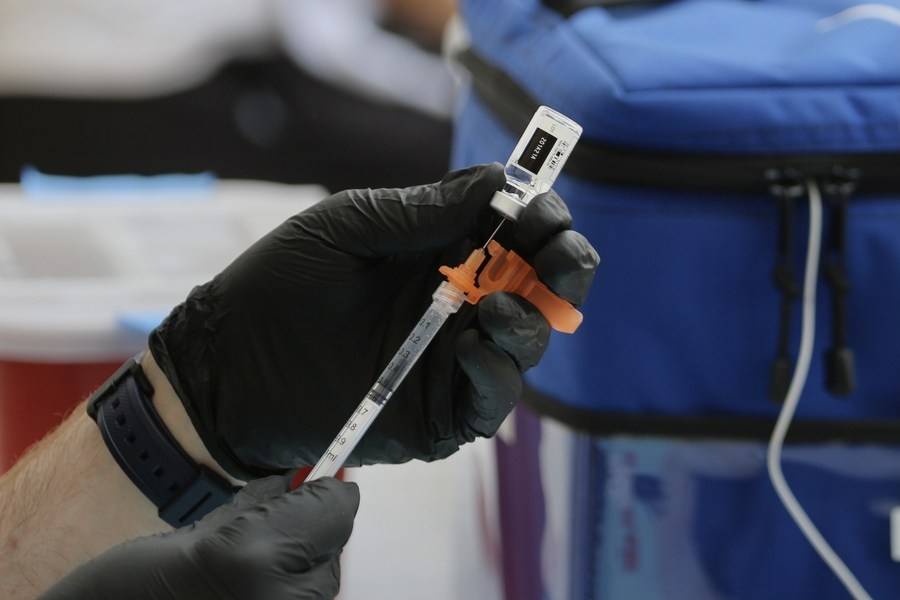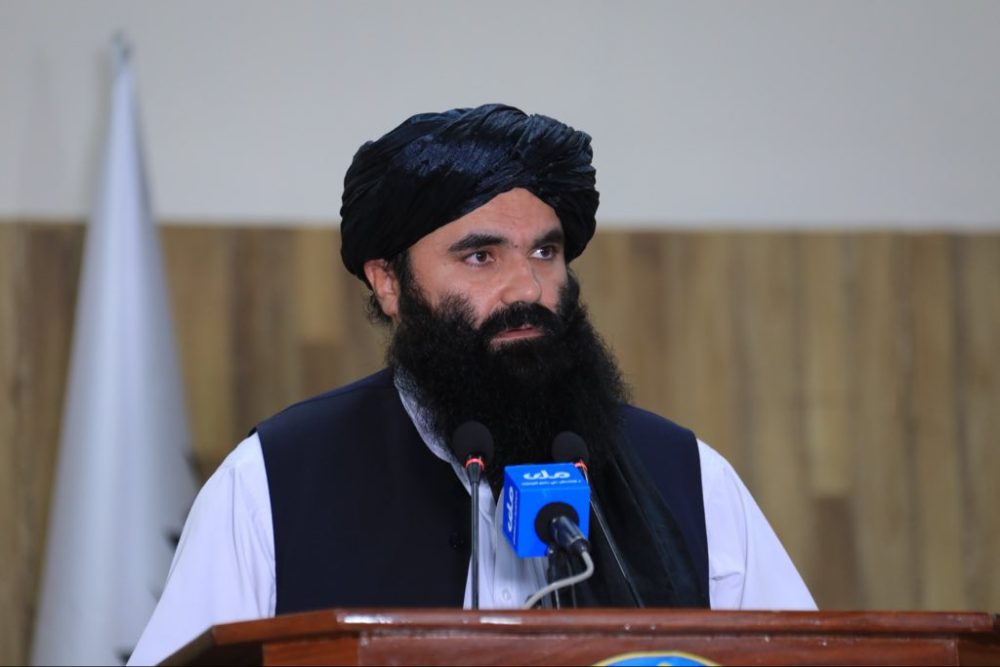The UAE is Japan’s top crude oil supplier, providing over 20% of its crude oil requirement…reports Asian Lite News
UAE industry minister and special envoy for climate change Dr Sultan bin Ahmed Al Jaber has held series of high-level meetings with senior Japanese government and business leaders, to strengthen economic, energy and industrial cooperation between the UAE and Japan and drive low carbon growth opportunities.
The meetings also focused on the UAE’s preparations to host COP28 (28th Session of the Conference of the Parties) in 2023 and new opportunities for strategic cooperation between the UAE and Japan.
During the three-day working visit to Japan, Dr. Al Jaber met with senior Japanese government officials including Hagiuda Koichi, Minister of Economy, Trade and Industry; Tsuyoshi Yamaguchi, Minister of Environment; and Odawara Kiyoshi, State Minister of Foreign Affairs.
Dr Al Jaber also met with former Prime Minister Shinzo Abe during the visit.
At the meetings, Dr Al Jaber reinforced the UAE’s commitment to Japan’s energy security and said the UAE will continue to ensure reliable supplies of crude oil and liquiefied natural gas (LNG) to Japan. The UAE is Japan’s top crude oil supplier, providing over 20% of its crude oil requirement.
The meetings covered a range of different topics, including the Comprehensive Strategic Partnership Initiative (CSPI) between the UAE and Japan which was announced in 2018 during the visit of Japan’s former Prime Minister Shinzo Abe to the UAE. The CSPI aims to strengthen bilateral relations between the two countries and enable greater strategic cooperation in all areas of mutual interest.
“Today, Japan is one of the UAE’s largest and most important energy and trading partners,” said Dr Al Jaber. “In line with the directives of the UAE’s wise leadership, we are keen to bolster bilateral ties and further strengthen our relationship across multiple sectors, through public and private partnerships that will deliver mutually beneficial growth opportunities and create increased prosperity for both our peoples. The UAE is keen to leverage every facet of our relationship, including climate diplomacy to drive economic development, enable low-carbon growth and enhance energy security.”
“The UAE-Japan relationship is underpinned by long-standing energy partnerships, and we are very pleased to be working closely with Japan to capitalize on the economic opportunities of the energy transition, strengthen industrial cooperation and expand economic and trade relations,” he added.
Economic and industrial development, energy supply, hydrogen, climate action were among the key topics of Dr. Al Jaber’s discussions. He reviewed ongoing joint initiatives between the UAE and Japan in hydrogen and low-carbon blue ammonia and highlighted the ambition of the UAE and Japan to harness new commercially feasible technologies to reduce carbon emissions.
Dr. Al Jaber also met with Japanese business leaders, including Takayuki Ueda, Representative Director, President and CEO, INPEX Corporation; Masayuki Hyodo, Director, President and CEO, Sumitomo Corporation among others.
During the visit, Abu Dhabi National Oil Company (ADNOC), ENEOS Corporation and Mitsui & Co., Ltd. (Mitsui) signed an agreement to explore establishing a hydrogen supply chain between the UAE and Japan. The agreement will assess the potential to convert hydrogen produced as a by-product from ADNOC’s refining and petrochemical operations and blue hydrogen produced from natural gas (hydrogen produced from CO2 captured and stored in the production process) to methylcyclohexane (MCH), an efficient form of hydrogen transport, for export to Japan.
ALSO READ: UAE rulers swear in new education ministers
Separately, Mitsui signed an agreement to partner with Abu Dhabi Chemicals Derivatives Company RSC Ltd (TA’ZIZ), Fertiglobe and GS Energy in the world-scale low-carbon blue ammonia production facility at the TA’ZIZ Industrial Chemicals Zone in Ruwais, Abu Dhabi. The initial agreement was announced in November 2021 and the project will accelerate Abu Dhabi’s position as a leader in low-carbon fuels, capitalizing on the demand for blue ammonia as a carrier fuel for clean hydrogen.
The low-carbon blue ammonia project is expected to commence production in 2025, with a production capacity of approximately 1 million tons per annum of blue ammonia. The TA’ZIZ Industrial Chemicals Zone is a joint venture between ADNOC and ADQ.
Abu Dhabi Future Energy Company (Masdar) also signed a Memorandum of Understanding with Sumitomo Corporation to develop waste-to-energy projects. This partnership aims to open up prospects for cooperation between the two companies in a range of projects, including a facility to treat 390,000 tons of waste annually and generate 25 megawatts of energy.


